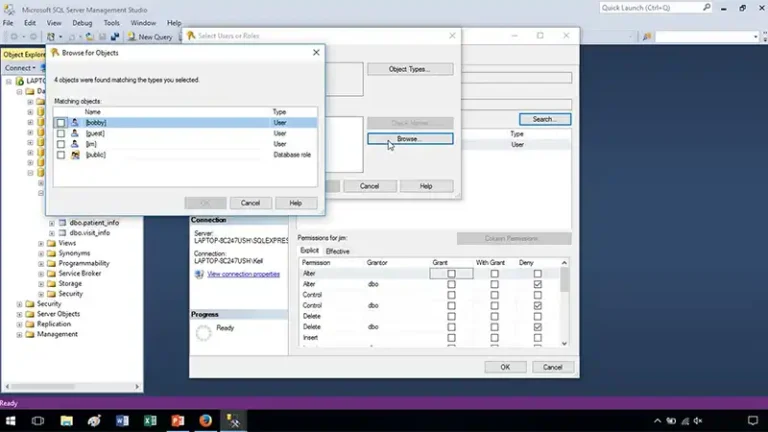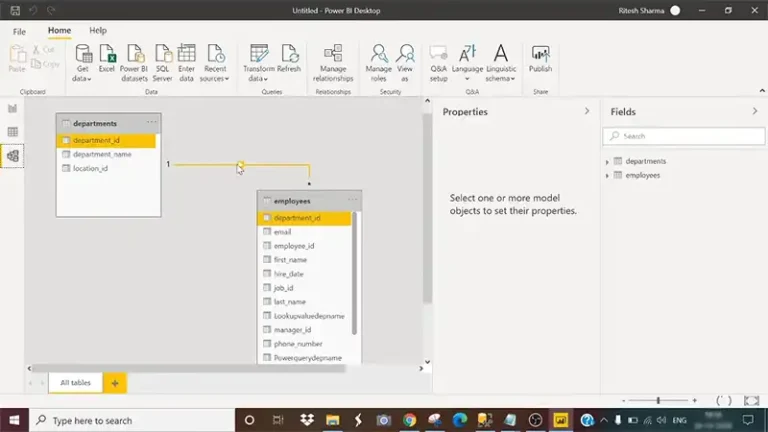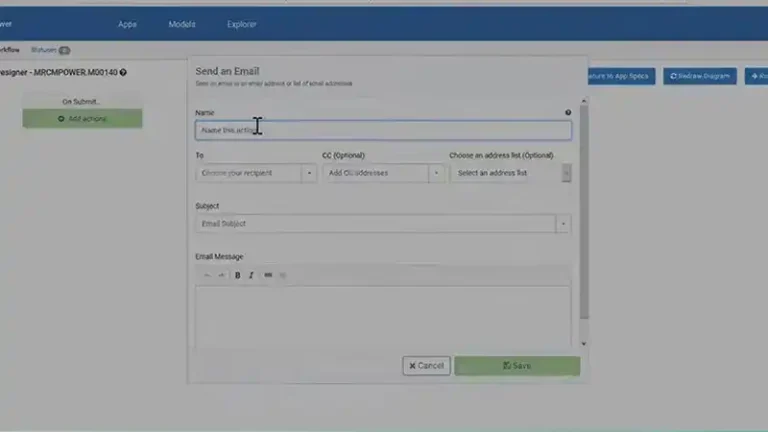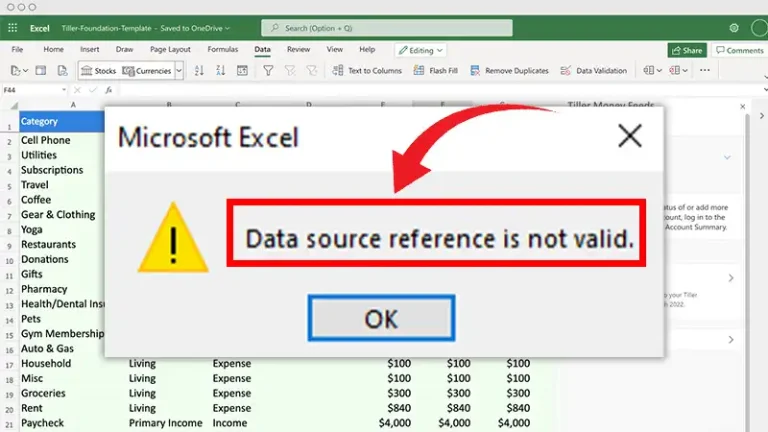Comparing Selenium in Java and Python | Choosing the Right Language for Web Automation
Selenium is a popular open-source tool used for automating web browsers. It provides a powerful framework for testing web applications and automating repetitive tasks such as form filling, UI testing, and web scraping. While Selenium supports multiple programming languages, Java and Python are among the most commonly used languages for Selenium automation. In this article, we’ll compare Selenium usage in Java and Python, highlighting their respective strengths and use cases to help you choose the right language for your web automation needs.

Syntax and Readability
Python is renowned for its simplicity and readability, making it an excellent choice for beginners and experienced developers alike. The concise syntax and easy-to-understand code structure of Python make writing Selenium scripts straightforward and intuitive.
On the other hand, Java syntax tends to be more verbose, requiring more lines of code to accomplish the same tasks. While Java offers strong typing and explicit declaration of variables, it may feel more cumbersome for some developers compared to Python’s dynamic typing and concise syntax.
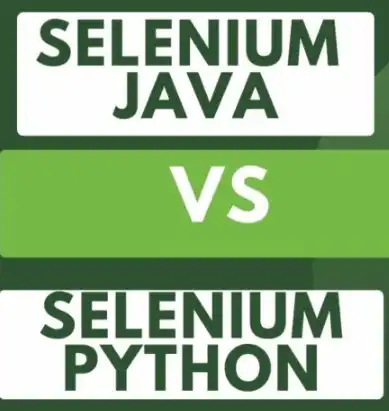
Ecosystem and Libraries
Both Java and Python have robust ecosystems and extensive libraries for Selenium automation. Java benefits from a vast collection of libraries and frameworks, including JUnit and TestNG for test automation, Maven for dependency management, and Apache POI for handling Excel files.
Python, on the other hand, offers a rich set of libraries such as unittest and pytest for testing, pip for package management, and Pandas for data manipulation. Additionally, Python’s extensive support for web scraping with libraries like BeautifulSoup and Scrapy adds to its appeal for Selenium automation.
Performance and Scalability
Java is known for its performance and scalability, making it a preferred choice for large-scale enterprise applications and projects requiring high performance. Java’s multithreading capabilities and efficient memory management contribute to its suitability for complex Selenium test suites and distributed testing environments.
While Python is generally slower than Java due to its interpreted nature, advancements in Python runtime performance and optimizations have narrowed the performance gap in recent years. Python’s simplicity and ease of use make it an excellent choice for smaller projects and rapid prototyping, but it may face scalability challenges in larger enterprise applications compared to Java.
Community and Support
Both Java and Python have vibrant communities and extensive online resources for Selenium automation. Java benefits from its long-standing presence in the software development community, with a wealth of tutorials, forums, and online documentation available for Selenium users.

Python’s popularity in the data science and web development communities has led to a thriving ecosystem of tutorials, user forums, and community-driven projects focused on Selenium automation. Regardless of the language chosen, developers can leverage community support and resources to overcome challenges and improve their Selenium automation skills.
Frequently Asked Questions (FAQ)
Which language is easier to learn for Selenium automation, Java or Python?
Python is generally considered easier to learn and more beginner-friendly than Java, thanks to its simple and readable syntax. However, developers with prior experience in Java or a strong background in object-oriented programming may find Java equally accessible for Selenium automation.
Is one language better than the other for Selenium automation, or does it depend on the project requirements?
The choice between Java and Python for Selenium automation often depends on factors such as project requirements, team expertise, and personal preference. Both languages are capable of achieving similar results with Selenium, so it’s essential to consider the specific needs and constraints of your project when making a decision.
Can I use Selenium with other languages besides Java and Python?
Yes, Selenium supports multiple programming languages, including C#, JavaScript, Ruby, and Kotlin, among others. The choice of language depends on your project’s requirements, existing infrastructure, and team expertise.
Conclusion
Both Java and Python offer robust support for Selenium automation, each with its own strengths and characteristics. Java’s performance, scalability, and extensive ecosystem make it well-suited for enterprise-level projects, while Python’s simplicity, readability, and rich library support make it an attractive choice for smaller-scale projects and rapid development. Ultimately, the choice between Java and Python for Selenium automation depends on your project requirements, team expertise, and personal preferences.

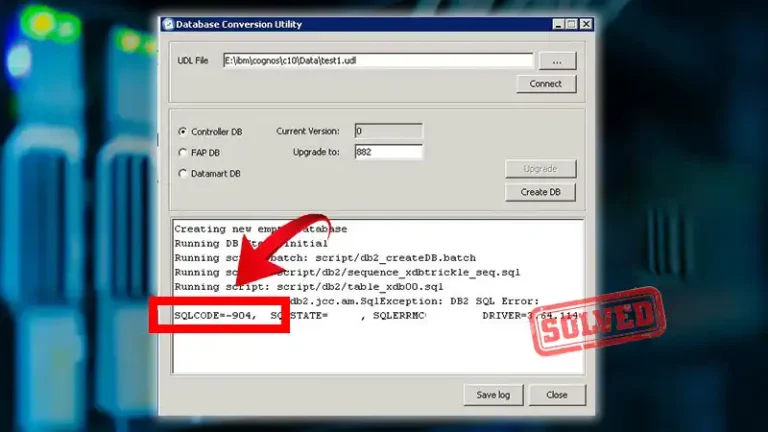
![How to Create a Database in Oracle [Step-by-Step Guide]](https://www.iheavy.com/wp-content/uploads/2023/08/How-to-Create-a-Database-in-Oracle-768x432.jpg)
